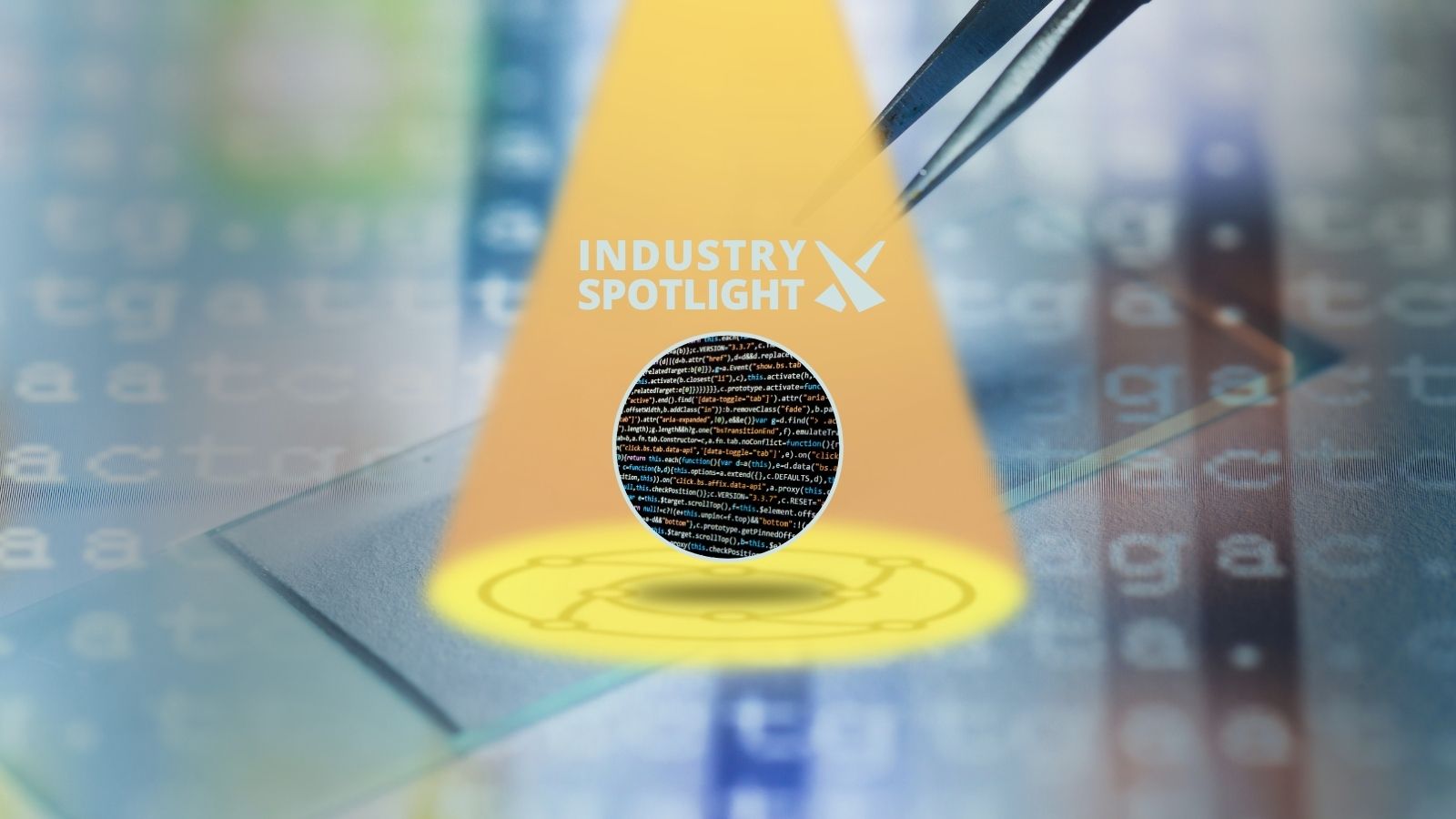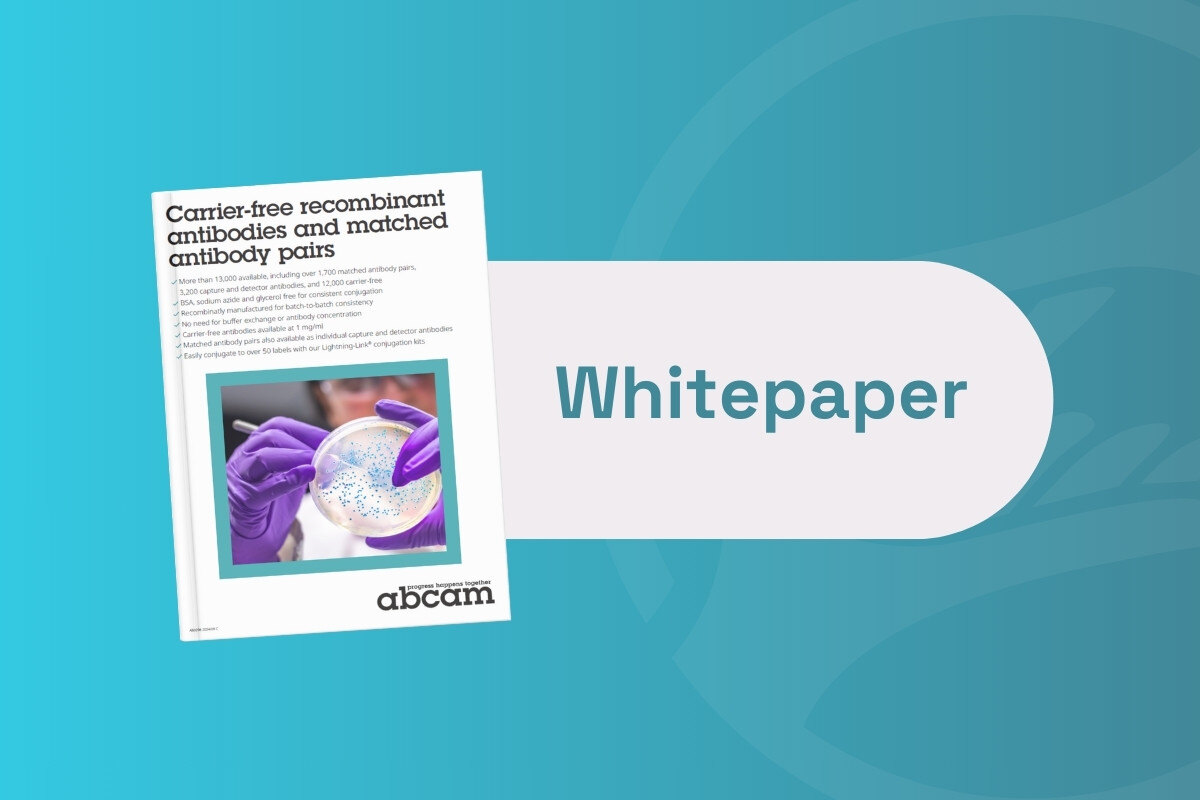How AI is Opening New Doors in Synthetic Biology and Drug Design

There is a huge amount that can be achieved with deep learning and protein structures, along with synthetic biology for drug design at large.
Artificial intelligence (AI) is able to explore applications, remits and purposes that researchers may not have the time or resources to access.
However, whatever that AI is being applied to - be it the development of a new biomaterial, a biomarker, or in synthetic biology for drug design - good data is crucial.
One trend noted by some experts in the field has been a recent pattern for conditional and variational auto-encoders to start to outperform the best methods for deep learning in synthetic biology approaches.
A key distinction to make is that between artificial intelligence itself as a concept and deep learning, as the two are not strictly synonymous.
“Artificial intelligence” refers to the complementation of mathematical methods to human methods for data interpretation, whereas deep learning involves applying AI to process data in a way inspired by the human brain.
While generating billions of data points to train an algorithm in such a way is relatively straightforward, using that algorithm to then interrogate new data and draw meaningful conclusions that can inform clinical outcomes is another matter entirely.
As a result, there is something of an imperative on researchers in the synthetic biology sphere to become data stewards, with a focus on meta-data curation.
Data Dimensionality in Synthetic Biology and Drug Design
Another key consideration to make is data dimensionality - particularly in the context of applying AI and synthetic biology approaches to drug design.
Synthetic biology in drug discovery and design allows scientists to create new tools to study disease mechanisms at the molecular level.
A major part of this process involves the integration of synthetic circuits that act as logic gates, making it easier to see which molecular processes are taking place within a particular formulation.
- Approaches for transforming genomics through the use of AI
- Three market trends transforming how pharma companies use data
- Celebrating the achievements of Barbara McClintock, discoverer of mobile genetic elements
These drug discovery processes are known as genome mining in the context of synthetic biology, and can be used to develop living systems that produce desirable metabolites.
With the introduction of deep learning approaches, synthetic biology has taken drug design and discovery a step further by enabling scientists to synthesise natural products using synthetic biology systems.
Through the integration of genome mining, new drugs may be biosynthesised which are otherwise too complicated or too expensive to produce with chemical engineering, or drugs that rely on rare plants.
Get your regular dose of industry news and announcements here, or head over to our Omics portal to catch up with the latest advances in tumour analysis. To learn more about our upcoming NextGen Omics UK conference in London, click here to download an agenda or register your interest.







